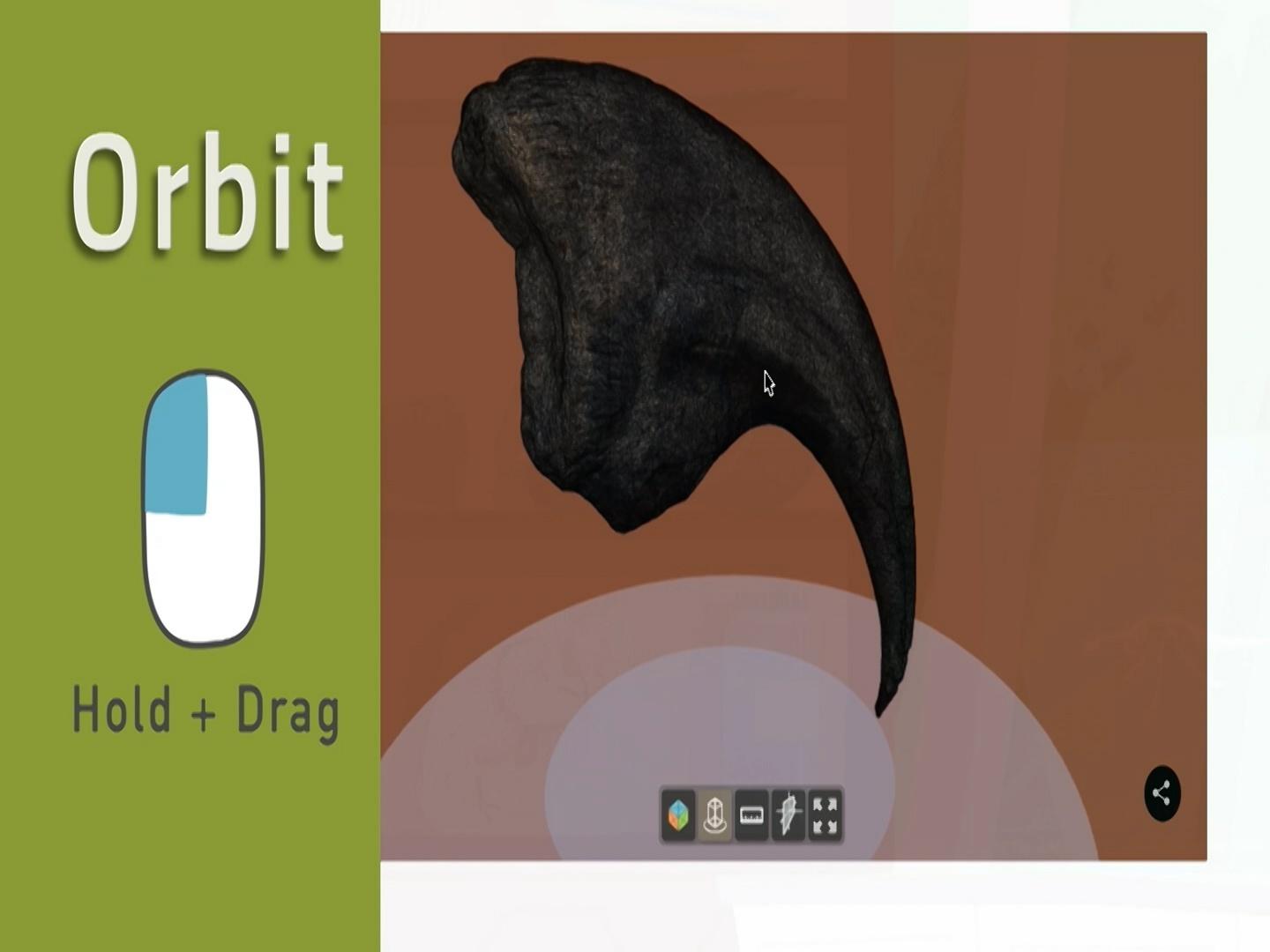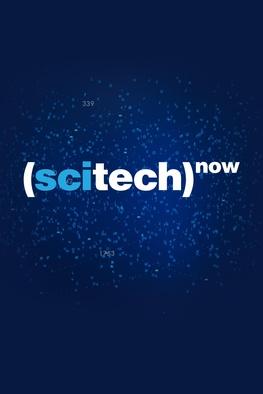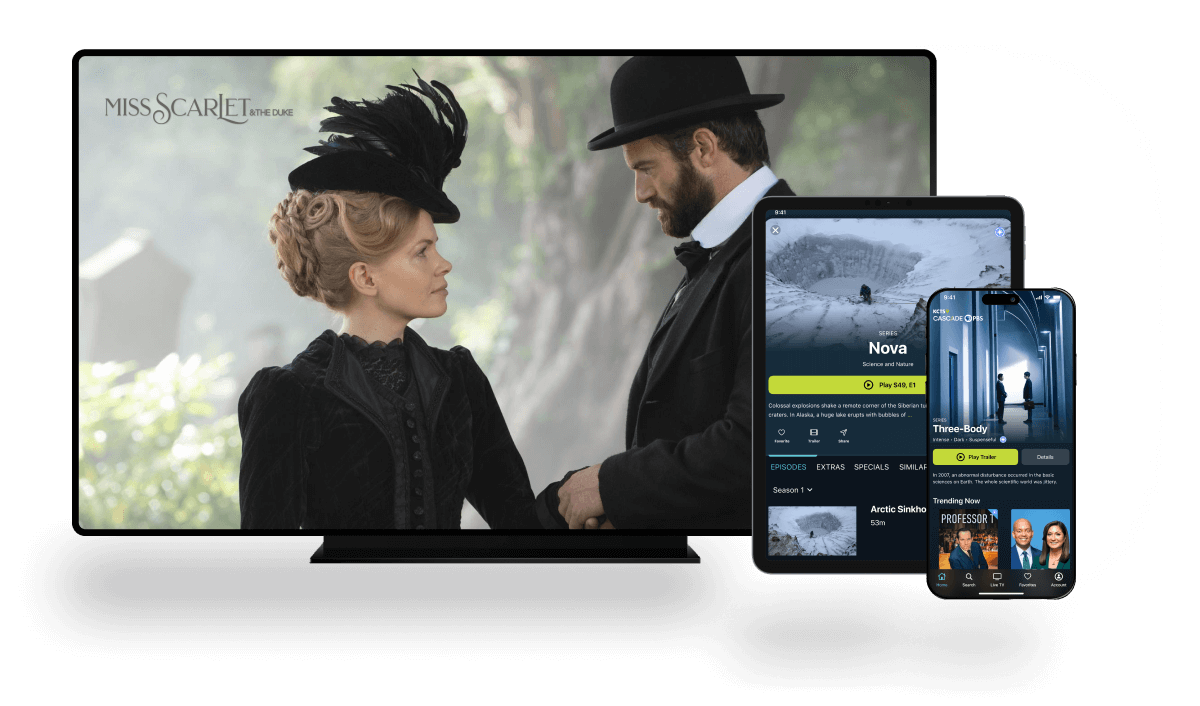Watch Clip

JustReachOut is helping startups get press
3m 7s
Dmitry Dragilev built a platform that connects startups with journalists.





























